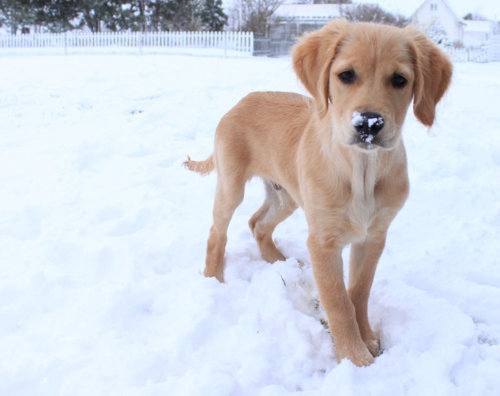Ticks and fleas retreat with the onset of cold weather; it takes a good freeze, not just a frost, to kill them.. Just because it is sweater-weather for you doesn’t mean you can discontinue the monthly drops on the back of your pet’s neck, keeping them tick and flea—free. Also, make sure to give your pet monthly tablets which prevent the flea eggs from hatching.
Changing temperatures, mild days, cold nights, and sudden chilly days can play physiological havoc with your dog or cat. Viruses lurk, lying in wait for a rundown victim. Distemper, hepatitis, leptospirosis, and Parvo viruses are everywhere—keep your animal protected by keeping vaccination updated. Though most of these vaccines are given yearly, some authorites recommend giving Parvo virus vaccine at six-month intervals, since the virus is sometimes seen in vaccinated dogs. Just as the influenza virus frequently modifies itself in the human population, the Parvo virus also changes and a brand-new vaccine is made available yearly.
In cats, feline enteritis, a deadly intestinal virus, is a hardy germ that can lie dormant for several months and suddenly infect your cat. The respiratory infections rhinotracheitis, Calci virus and chlamydia are also of great concern. Ask your veterinarian about a protocol for keeping your cat protected. Outdoor cats should receive feline leukemia vaccine as well.
Cold weather drives rats and mice, just as it does us, into houses and apartments. Proximity to vermin makes rabies an ever-present threat to your pets and your family. This terrible, always fatal, disease can be easily prevented. Today’s rabies vaccines are both safe and very effective.
A word about holiday goodies. This time of year brings festive meals and a bounty of possible problems. Turkey bones and ham bones are readily and enthusiastically chewed, causing a host of problems.
Placing tasty goodies on coffee tables or end tables makes these delectables easy for everyone to reach, and they’re absolutely irresistible to your dog. San Andre triple creme cheese, caviar, or even stuffed mushrooms, while not life-threatening, can give rise to digestive upsets that can blunt the happy holiday outlook—for you and your pet. And remember, a tray on the kitchen counter may be safe from your dog (maybe not) but definitely won’t escape the cat!
Christmas wreaths can be a problem since mistletoe berries and leaves are toxic and can make a small dog or a cat quite ill. Dogs will also happily swallow dreidels, and therefore run a great risk of choking.
Strings and tinsel are perhaps the biggest holiday dangers. Cats love to chew string—and can sometimes swallow a length of it. If a loop of string gets anchored around the tongue, the swallowed portion then acts as a drawstring, pulling the intestinal loops together and eventually cutting through the upper portion of the intestines. Tinsel can also stretch through the intestines.

Fortunately, holiday perils can be avoided with a bit of knowledgeable awareness, so by all means, give your furry friends the gifts they’ve been hoping for, but make sure the ribbons and wrappings are out of the way.
Healthy pets and Happy Holidays!
For the Best that Pet Lifestyle and Animal Welfare has to offer follow Wendy Diamond on Facebook, Twitter, and right here at AnimalFair.com!

